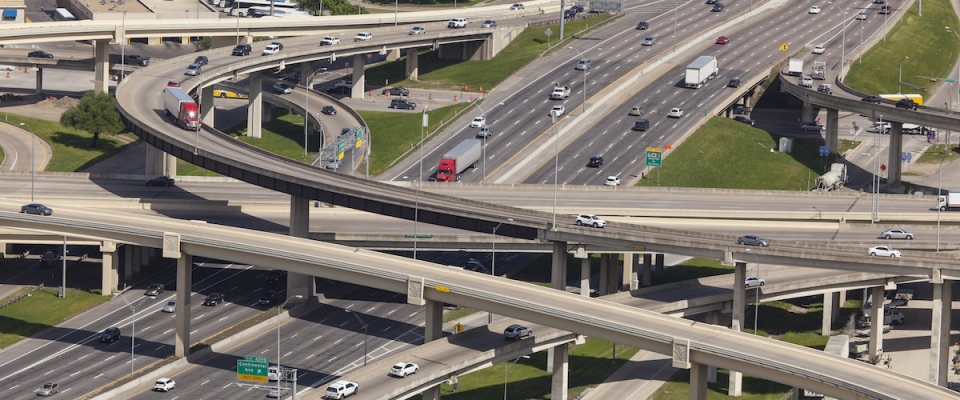Transportation and Returning Citizens: Challenges of Re-Entering Society

NITC researchers Anne Nordberg, Jaya Davis, Stephen Mattingly, Sarah Leat and Mansi Patel of the University of Texas at Arlington have published two new journal articles related to their NITC project, Optimizing Housing and Service Locations to Provide Mobility to Meet the Mandated Obligations for Former Offenders to Improve Community Health and Safety. Read about the original study here, which focused on helping former offenders overcome transportation challenges to reintegrate into society.
The two articles, published in Mobilities and the International Journal of Offender Therapy and Comparative Criminology, disseminate the NITC study among different audiences and disciplines; highlighting the need to address transportation and complex social issues through more than one lens.
In the November 2021 issue of Mobilities, "Towards a Reentry Mobilities Assemblage: An Exploration of Transportation and Obligation Among Returning Citizens," the authors investigated the mobility needs of returning citizens from the perspective of service providers and employers in Dallas, Texas. They interviewed 17 participants who directly served returning citizens in their professional roles as part of a conventional content analytic design that focused specifically on transportation and mobility among their clients. The findings include five primary themes:
- Returning citizens rely primarily on public transit;
- Access to cars is rare, complicated, but advantageous;
- Support lays a road to successful reentry;
- Transportation is critical for successful reentry, and;
- Returning citizens face a complex network of obligations.
Transportation has been identified as one of the major barriers to successful reentry for prisoners released to community in the United States. The paper concludes with a consideration of the possibilities for social service practice, research, and pedagogy through a mobilities lens.
Next, in the November 2021 International Journal of Offender Therapy and Comparative Criminology, the article "Transportation Among Returning Citizens: “You Just Want to Stay Down and Get High" focuses on transportation as in integral component to the success of returning citizens.
The United States is releasing more individuals from prisons than ever before. However, returning citizens face numerous challenges transitioning back into community life and many communities remain ill-equipped in successfully supporting them. The authors applied a Rapid and rigorous qualitative data analysis (RADaR technique) to 15 interviews with individuals having returned to their community, about the impact of transportation on their reentry.
Analysis resulted in three primary themes:
- Interviewees reinforced existing knowledge of the issues with transportation disadvantage;
- Transportation is an extension of freedom, and;
- Transportation is directly connected to reentry success.
These findings suggest a tiered structure of transportation freedom for returning citizens. This model of transportation will aid future researchers and policymakers in considering how to better resource returning citizens to maximize their success.
Photo by typhoonski/iStock
The National Institute for Transportation and Communities (NITC) is one of seven U.S. Department of Transportation national university transportation centers. NITC is a program of the Transportation Research and Education Center (TREC) at Portland State University. This PSU-led research partnership also includes the Oregon Institute of Technology, University of Arizona, University of Oregon, University of Texas at Arlington and University of Utah. We pursue our theme — improving mobility of people and goods to build strong communities — through research, education and technology transfer.
